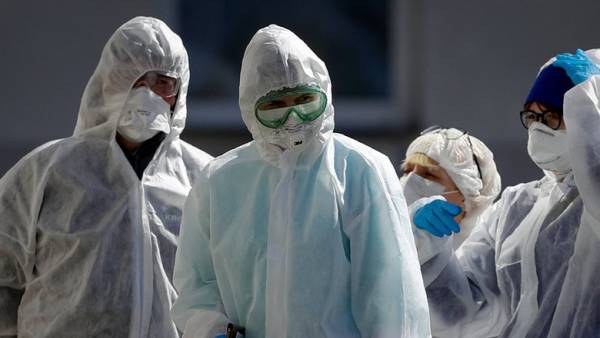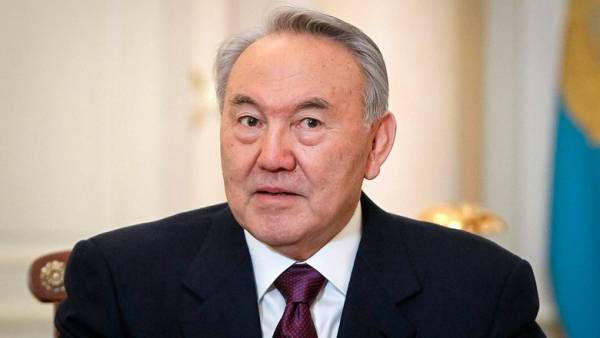After giving a keynote speech at the “Necropolis of Communist Terror” international conference, held jointly by the Estonian Institute of Historical Memory and Memorial in Tallinn, British journalist and security expert Edward Lucas sat down for an interview with Jesse Seeberg-Gordon from the Estonian Institute of Historical Memory. The conference took place from February 8-11 and was hosted at the Estonian Film Museum.
In your presentation, you stated that the idea that “those who do not learn from history are doomed to repeat it” is false. However, you also stressed that history plays a very important role in the present-day security crisis facing Europe. How do you reconcile these two ideas?
Well, history is almost infinite when you think about it. The idea that if you don’t have a total grasp of all human history you will be in a perpetual loop repeating it just makes no sense at all. And we have historical events that have quite reasonably passed into distant memory. I mentioned the Hundred Years War and the Wars of the Roses in Britain and so on.
So, I think it’s very important that you should think hard about history, and you should know your own country’s history. And not just the nice bits, but the difficult bits as well, that’s very important. And we should also be aware that, particularly right now, Putin is using history as a weapon. This is a history-fueled war.
And so, we have a particular need to really get to grips with this. But I’m cautious about the idea of plucking a historical analogy that suits your case and then trying to use it as a sort of cudgel to make people agree with you, because I think that although analogies can be thought-provoking and often worth floating, they are very rarely conclusive.
I think Putin would score a very low grade in history.
Why do you believe the general public should care about remembering the crimes of communism? Why is it important?
Well, I think Europe has been shaped by the totalitarian episodes of the last century. And if you’re going to understand where we have to live, with our fellow Europeans… we come from very different traditions, and it’s important to understand why, for Greece, history looks one way. For Estonia, it looks another. For Finland, it’s slightly different. And as responsible, fellow citizens of Europe, that’s important. But I think we particularly need to look at it because the communist side of history has not been properly worked through, particularly in Russia. And so, Putin is not only skating over the crimes of communism, he is sort of weaponizing the imperialist side of Soviet, and before that Russian history, as a justification for his war in Ukraine.
I think if Western leaders had understood history better, if Western public opinion had understood history better, we would have been alerted a lot earlier to the danger that the Putinist regime and before that actually the Yeltsin Kremlin was posing to us.
The prime example here in Estonia is that Russia did not feel it was necessary to apologize for the Molotov-Ribbentrop Pact or to make any reparation for the damage done. And as Lennart Meri pointed out in 1994, this is an extremely ominous sign. And if you’re not willing to confront that directly, this recent and very painful episode, that suggests that trouble lies ahead.
In your speech and just now, you’ve commented on the role of Russian imperialism as a fundamental cause for Russia’s belligerence over the last 30 years and, of course, as an impetus for the full-scale invasion of Ukraine last year. Why do you believe that Russia struggles so terribly with coming to terms with its imperial past?
Well, I think that in 1991 we thought three things had happened and actually only two of them had happened. One was the collapse of the CPSU’s (Communist Party of the Soviet Union) political power. Another was the collapse of the planned economy. And the third, which we thought had happened, was the collapse of empire, and actually it hadn’t. It had taken a huge knock, but Russia emerged in 1991 not as a true federation, but basically as an imperial power, as we saw very quickly with the first war in Chechnya.
And I think that Russians compensated for the humiliation and chaos of their diminished status in the world and the uncertainty of knowing that everything they’d been told about economics and politics and history was false by cherishing the great power status, which was inextricably linked to the imperialist nature of the Russian state. And this had very profound consequences.
So, when you’ve lost everything else, the one thing you cling on to is empire. And as a Brit, I would say that that’s not totally dissimilar from the way that Britain sort of fetishizes the best bits of its past. And we can no longer say, that the British Empire covers a quarter of the world, but we can go on and on about 1940 and about the struggle against Hitler.
And I think Norman Davies has written very well about the difficulty of making the Second World War out to be the “good war.” It’s true that one lot of bad guys lost, and that was to be thoroughly welcomed and millions of people are alive today as a result. But the terrible mistakes that Britain made in appeasement, I would argue also that the American administrations made in the thirties of thinking this “was not our concern,” the treatment of our Polish allies, the failure to live up to the Atlantic Charter, the concessions we made to the Soviet Union at Tehran, Yalta and Potsdam, the failure to realize what we were dealing with, a great, great many very unpleasant features of it, some of which were probably unavoidable.
I suspect, by the time of Yalta, there wasn’t much alternative to the deal, and so we did it. But we should still not coat all this in saccharine, rose-tinted glorification. As I said in my speech, probably the two most significant cultural artifacts in understanding the Second World War are the films Casablanca and The Sound of Music. That’s where people got their history, and although they’re not entirely wrong, they’re certainly not entirely right either.
…the communist side of history has not been properly worked through, particularly in Russia. And so, Putin is not only skating over the crimes of communism, he is sort of weaponizing the imperialist side of Soviet, and before that Russian history, as a justification for his war in Ukraine.
And to return to the second half of the question, what do you think that countries like the Baltic states, Poland, or indeed the other countries of the post-Soviet space can do to help facilitate this process of rethinking the traditional narrative of World War Two, as told by the West?
Well, I think it has to start off with unflinching, professional historical inquiry, and I think that we shouldn’t respond to Putin’s weaponization of history just by trying to weaponize it ourselves. He says the Russians are the good guys and you’re the Nazis. And we shouldn’t say, well, we are actually the good guys and you’re behaving like Nazis. That won’t get anywhere.
I think, certainly as a Brit, I find that I am able to make much more progress in my arguments if I start off by acknowledging everything from the repatriation of the Cossacks back to the Anglo-German Naval Agreement, as mistakes that Britain made. I think once you do that, you’ll then be in a much better position to fight these sorts of political and narrative battles.
So, I think that’s important. And there are some unpleasant and sometimes very surprising things we’ve seen in Lithuania. The debate about Jonas Noreika, who was seen as a great hero of the Lithuanian, anti-Soviet partisan movement, and there is now quite strong evidence that he may have also been a war criminal and involved in the Holocaust.
I think you just have to take this head on. You have to say, well, let’s just look at the facts and you can make separate arguments about context and so on, but in the end you don’t actually win in the long run by trying to avoid the dirty bits. So, I think that’s unflinching historical honesty and accuracy. But then also, having done that, really highlighting the extremely dangerous echoes in Putin’s weaponization of both history and geography and really something that’s quite close to Hitler’s [adoption of the German] Blut und Boden (“blood and soil”) approach.
There are very troubling echoes of all the worst things in 19th and 20th century history in what Putin is doing. And we should be quite unabashed in highlighting them, while at the same time not saying that it’s a precise analogy.
Perhaps the problem with that in some sense is that Putin presents himself as this champion of historical accuracy. He makes a big public show of bringing carefully selected documents out of the archives and saying “Let’s look at the facts,” while deliberately ignoring the bigger historical picture.
I think Putin would score a very low grade in history. I applaud politicians, who try and educate themselves about history. But there are some very important facts to be made. The Anglo-German Naval Agreement, although it was reprehensible, didn’t contain secret protocols under which we handed the countries of the Baltic Sea over to either the Soviet Union or to Germany. So, I commend Putin for his enthusiasm, but I don’t commend him for his accuracy.
An amateur historian at best. In your paper today, you used an interesting analogy, focusing on a hypothetically victorious Third Reich which, after winning World War Two, followed the same trajectory as the post-war Soviet Union. Many people protest the use of such analogies between Stalinism and Nazism because of the perceived uniqueness of the Holocaust. How do you think those countries, which experienced the horrors of Stalinism can tread this fine line in a world that overwhelmingly identifies with the crimes of Hitler, while paying significantly less attention to those of Stalin?
Well, I think that it’s absolutely true that historical events are unique, and it’s a great mistake to try and create categories. We should look at the Great Leap Forward and the Culture Revolution as atrocities. We should look at Japanese rule in East Asia as an atrocity. We should look at the Holocaust as an atrocity. We should look at the Gulag and the Holodomor as atrocities.
All these deserve to be treated independently of each other, first and foremost because they were real people, real things, and they happened. And I don’t like the idea of trying to put things into boxes. I think having established the facts and the uniqueness of each historical event, it is useful sometimes to draw parallels and to say that, for example, in the Holocaust there was a kind of industrial scale to the murder, which was unlike the way the Soviet Union did its killings.
Those people, who died in the Holocaust, were actually killed in places that they knew and often by people that they knew. Those people, who died at Soviet hands, were killed and died in faraway places at the hands of people they didn’t know. I think that that’s not relativizing one or the other, but I think it’s worth it if we can inform ourselves by making these parallels. I think it’s a useful thought experiment sometimes to do analogies… I had another analogy. Imagine if America had lost the Cold War and the victorious Soviet Union had behaved towards America the way that the Americans and their allies behaved towards Russia.
I actually think we did pretty much the right thing in the nineties. But it is worth making uncomfortable, difficult analogies in order to find out why they’re wrong. And sometimes the best bit of an analogy is to say “And this is why it doesn’t work,” even though superficially it may seem that it does.
Interview conducted and edited by Jesse Seeberg-Gordon, and was originally published by The Estonian Institute of Historical Memory.
The post Edward Lucas: Putin’s Belligerence Is Rooted in Russia’s Imperial Past appeared first on The Northern European :: UpNorth.

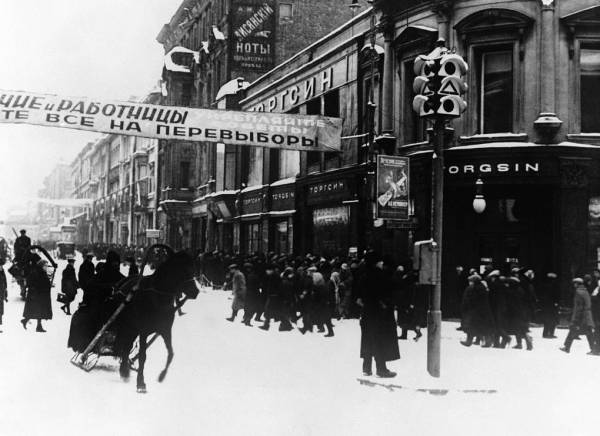
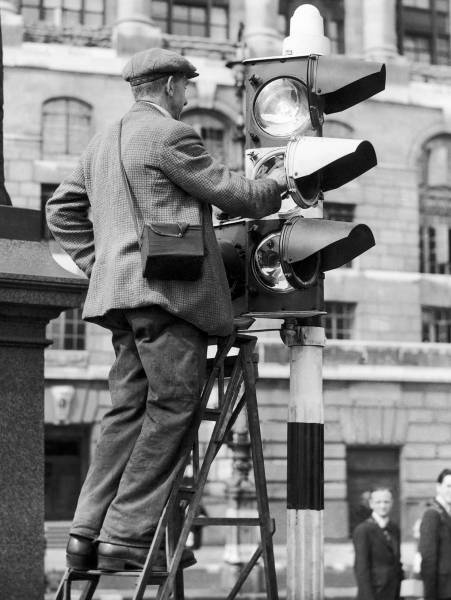
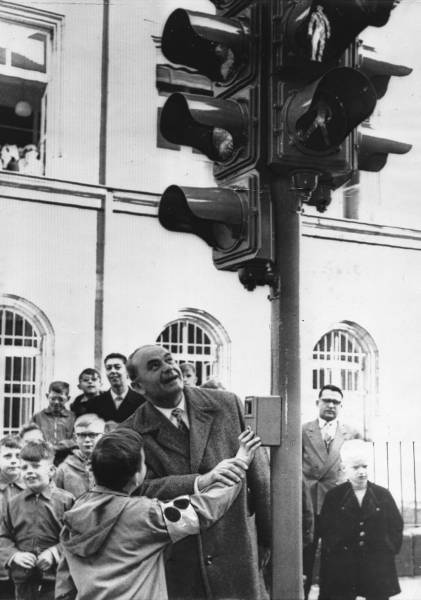 2022/02/4a00565761fa98ebd97ef6ed1769a998.jpg “/>
2022/02/4a00565761fa98ebd97ef6ed1769a998.jpg “/> 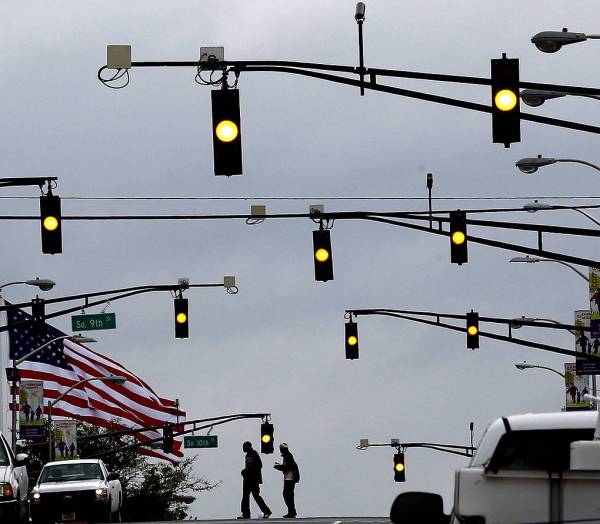
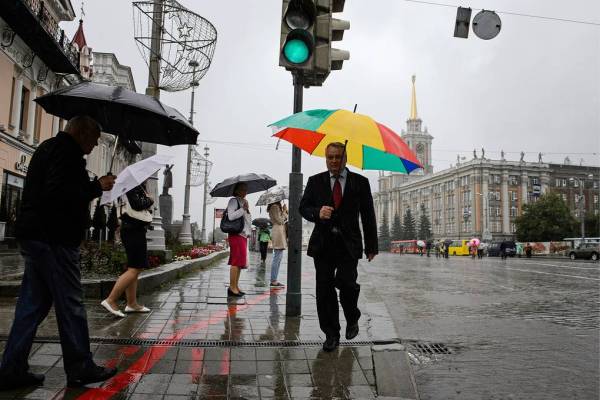

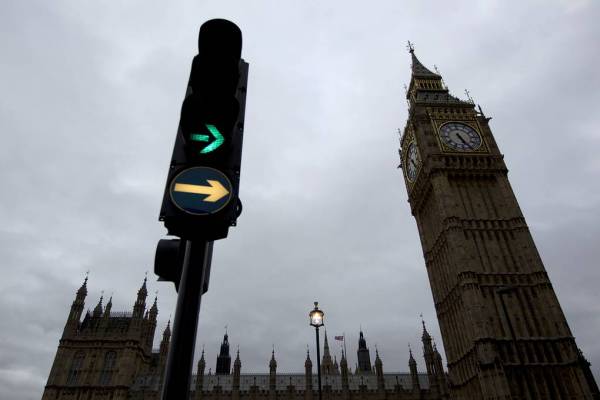
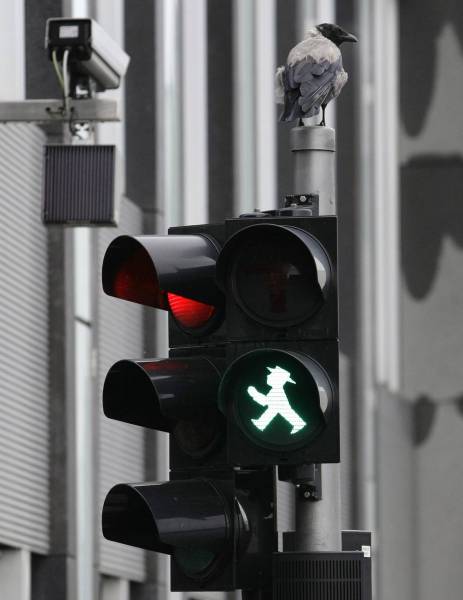

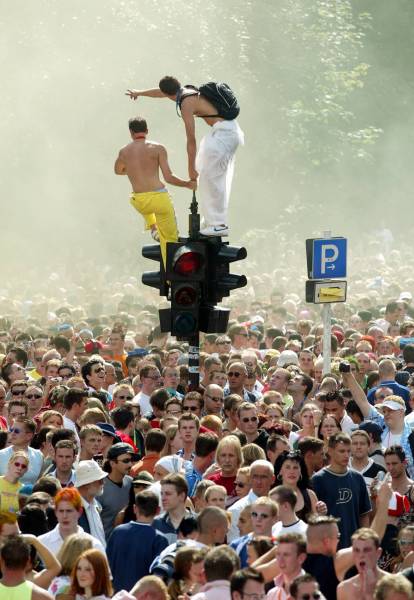
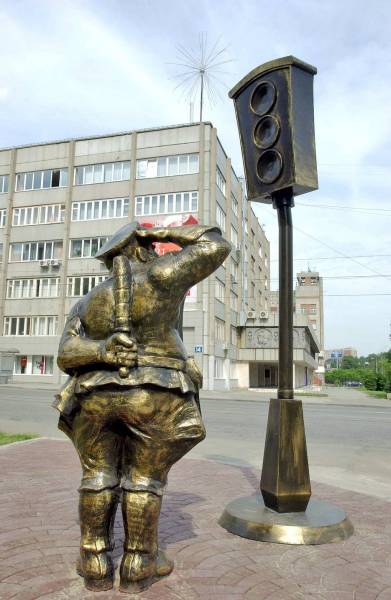 Picture {{sliderIndex+1}} of 15Expand
Picture {{sliderIndex+1}} of 15Expand




 <=”img wp-content/uploads/2022/02/ec8f69f71568195a7bd8a7981a973ad7.jpg” />
<=”img wp-content/uploads/2022/02/ec8f69f71568195a7bd8a7981a973ad7.jpg” />





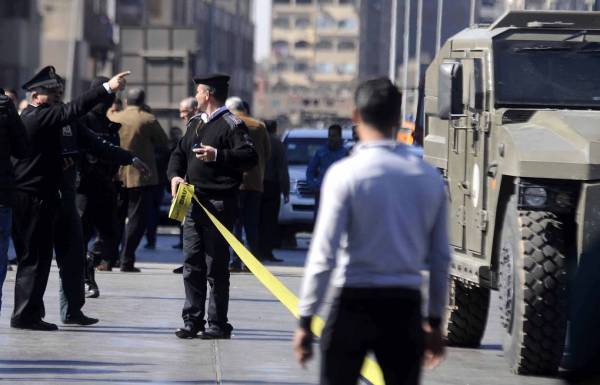 Read TASS in Yandex.NewsYandex.Zen…Show hidden linksGoogle News
Read TASS in Yandex.NewsYandex.Zen…Show hidden linksGoogle News